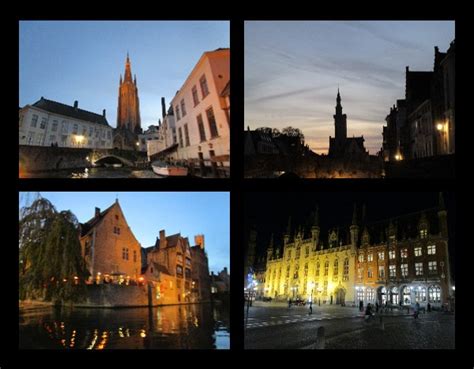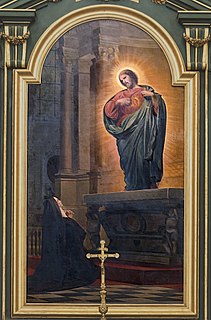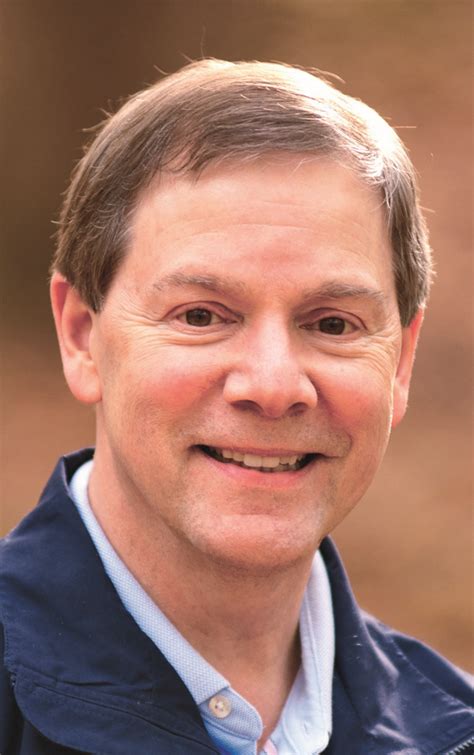A Quote by Seneca the Younger
Let us not seek our disease out of ourselves; 'tis in us, and planted in our bowels; and the mere fact that we do not perceive ourselves to be sick, renders us more hard to be cured.
Related Quotes
We say we are earthlings, not waterlings. Our blood is closer to seawater than our bones to soil, but thats no matter. The sea is the cradle we all rocked out of, but its to dust that we go. From the time that water invented us, we began to seek out dirt. The further we separate ourselves from the dirt, the further we separate ourselves from ourselves. Alienation is a disease of the unsoiled.
We think that by protecting ourselves from suffering, we are being kind to ourselves. The truth is we only become more fearful, more hardened and more alienated. We experience ourselves as being separate from the whole. This separateness becomes like a prison for us - a prison that restricts us to our personal hopes and fears, and to caring only for the people nearest to us. Curiously enough, if we primarily try to shield ourselves from discomfort, we suffer. Yet, when we don't close off, when we let our hearts break, we discover our kinship with all beings.
Our Christian destiny is, in fact, a great one: but we cannot achieve greatness unless we lose all interest in being great. For our own idea of greatness is illusory, and if we pay too much attention to it we will be lured out of the peace and stability of the being God gave us, and seek to live in a myth we have created for ourselves. And when we are truly ourselves we lose most of the futile self-consciousness that keeps us constantly comparing ourselves with others in order to see how big we are.
Though we are commanded to 'wash ourselves', to 'cleanse ourselves from sins', to 'purge ourselves from all our iniquities', yet to imagine that we can do these things by our own efforts is to trample on the cross and grace of Jesus Christ. Whatever God works in us by his grace, he commands us to do as our duty. God works all in us and by us.
Adversity is a severe instructor, set over us by one who knows us better than we do ourselves, as he loves us better too. He that wrestles with us strengthens our nerves and sharpens our skill. Our antagonist is our helper. This conflict with difficulty makes us acquainted with our object, and compels us to consider it in all its relations. It will not suffer us to be superficial.
God’s love sets us free from the need to seek approval. Knowing that we are loved by God, accepted by God, approved by God, and that we are new creations in Christ empowers us to reject self-rejection and embrace a healthy self-love. Being secure in God’s love for us, our love for Him, and our love for ourselves, prepares us to fulfill the second greatest commandment: To love our neighbor as ourselves.
Demons frighten us because we set ourselves up to be frightened. We are overly attached to our reputations and possessions. When we love and desire what we should be rejecting, we are in conflict with our true selves. That's when the negative energies catch us and use our weapons against us. Instead of taking up what we have to defend ourselves, we put our swords in the hands of our enemies and make them attack us.
Each one of us needs time and space for recollection, meditation and calmness.... Thanks be to God that this is so! In fact, this need tells us that we are not made for work alone, but also to think, to reflect or even simply to follow with our minds and our hearts a tale, a story in which to immerse ourselves, in a certain sense to lose ourselves to find ourselves subsequently enriched.
[Grace] is given not to make us something other than ourselves but to make us radically ourselves. Grace is given not to implant in us a foreign wisdom but to make us alive to the wisdom that was born with us in our mother?s womb. Grace is given not to lead us into another identity but to reconnect us to the beauty of our deepest identity. And grace is given not that we might find some exterior source of strength but that we might be established again in the deep inner security of our being and in learning to lose ourselves in love for one another to truly find ourselves.
Although our moral conscience is a part of our consciousness, we do not feel ourselves on an equality with it. In this voice which makes itself heard only to give us orders and establish prohibitions, we cannot recognize our own voices; the very tone in which it speaks to us warns us that it expresses something within us that is not of ourselves.
Let us pause before the Child of Bethlehem. Let us allow our hearts to be touched, let us allow ourselves to be warmed by the tenderness of God; we need his caress. God is full of love: to him be praise and glory forever! God is peace: let us ask him to help us to be peacemakers each day, in our life, in our families, in our cities and nations, in the whole world. Let us allow ourselves to be moved by God's goodness.
We see ourselves in other people’s eyes. It’s the nature of the human race; we are a species of reflection, hungry for it in every facet of our existence. Maybe that’s why vampires seem so monstrous to us—they cast no reflection. Parents, if they’re good ones, reflect the wonder of our existence and the success we can become. Friends, well chosen, show us pretty pictures of ourselves, and encourage us to grow into them. The Beast shows us the very worst in ourselves and makes us know it’s true .
Trusting God means transferring our confidence and hope from ourselves to him, acknowledging that we have no ability in ourselves to live in a way that pleases him. Only he can change us by the power of his Spirit in us. This trust is manifested in a context of obedience in our lives to the biblical mandates God calls us to pursue. Training means acting upon that trust by doing things that help us rely upon God more and live out his desire for us.









































